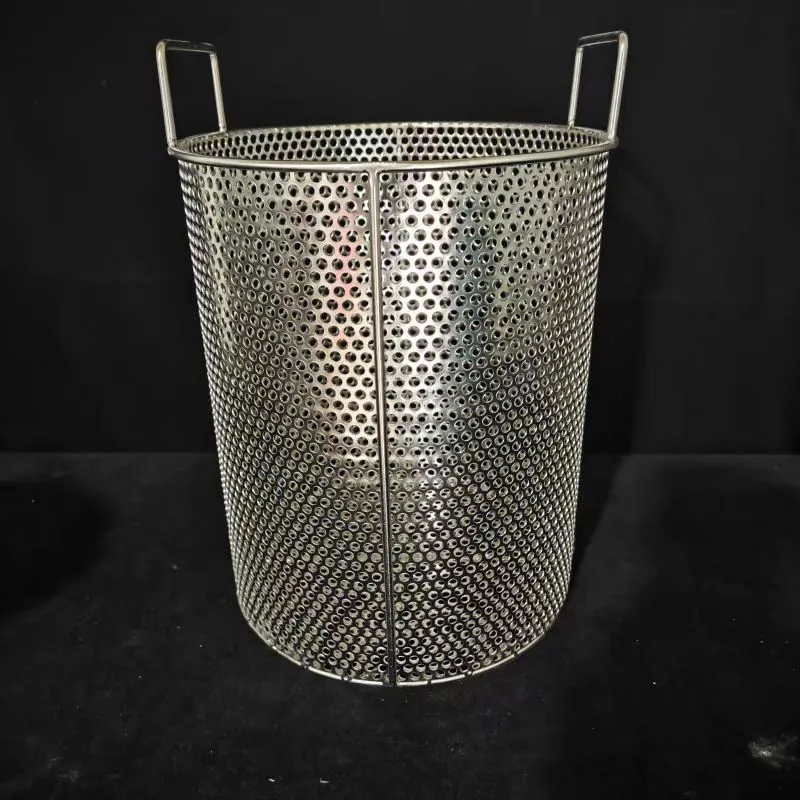-
 Afrikaans
Afrikaans -
 Albanian
Albanian -
 Amharic
Amharic -
 Arabic
Arabic -
 Armenian
Armenian -
 Azerbaijani
Azerbaijani -
 Basque
Basque -
 Belarusian
Belarusian -
 Bengali
Bengali -
 Bosnian
Bosnian -
 Bulgarian
Bulgarian -
 Catalan
Catalan -
 Cebuano
Cebuano -
 China
China -
 Corsican
Corsican -
 Croatian
Croatian -
 Czech
Czech -
 Danish
Danish -
 Dutch
Dutch -
 English
English -
 Esperanto
Esperanto -
 Estonian
Estonian -
 Finnish
Finnish -
 French
French -
 Frisian
Frisian -
 Galician
Galician -
 Georgian
Georgian -
 German
German -
 Greek
Greek -
 Gujarati
Gujarati -
 Haitian Creole
Haitian Creole -
 hausa
hausa -
 hawaiian
hawaiian -
 Hebrew
Hebrew -
 Hindi
Hindi -
 Miao
Miao -
 Hungarian
Hungarian -
 Icelandic
Icelandic -
 igbo
igbo -
 Indonesian
Indonesian -
 irish
irish -
 Italian
Italian -
 Japanese
Japanese -
 Javanese
Javanese -
 Kannada
Kannada -
 kazakh
kazakh -
 Khmer
Khmer -
 Rwandese
Rwandese -
 Korean
Korean -
 Kurdish
Kurdish -
 Kyrgyz
Kyrgyz -
 Lao
Lao -
 Latin
Latin -
 Latvian
Latvian -
 Lithuanian
Lithuanian -
 Luxembourgish
Luxembourgish -
 Macedonian
Macedonian -
 Malgashi
Malgashi -
 Malay
Malay -
 Malayalam
Malayalam -
 Maltese
Maltese -
 Maori
Maori -
 Marathi
Marathi -
 Mongolian
Mongolian -
 Myanmar
Myanmar -
 Nepali
Nepali -
 Norwegian
Norwegian -
 Norwegian
Norwegian -
 Occitan
Occitan -
 Pashto
Pashto -
 Persian
Persian -
 Polish
Polish -
 Portuguese
Portuguese -
 Punjabi
Punjabi -
 Romanian
Romanian -
 Russian
Russian -
 Samoan
Samoan -
 Scottish Gaelic
Scottish Gaelic -
 Serbian
Serbian -
 Sesotho
Sesotho -
 Shona
Shona -
 Sindhi
Sindhi -
 Sinhala
Sinhala -
 Slovak
Slovak -
 Slovenian
Slovenian -
 Somali
Somali -
 Spanish
Spanish -
 Sundanese
Sundanese -
 Swahili
Swahili -
 Swedish
Swedish -
 Tagalog
Tagalog -
 Tajik
Tajik -
 Tamil
Tamil -
 Tatar
Tatar -
 Telugu
Telugu -
 Thai
Thai -
 Turkish
Turkish -
 Turkmen
Turkmen -
 Ukrainian
Ukrainian -
 Urdu
Urdu -
 Uighur
Uighur -
 Uzbek
Uzbek -
 Vietnamese
Vietnamese -
 Welsh
Welsh -
 Bantu
Bantu -
 Yiddish
Yiddish -
 Yoruba
Yoruba -
 Zulu
Zulu
Effective Insect Barrier Nets for Protecting Your Plants from Aphids and Pests
Aphid Proof Netting A Sustainable Solution for Crop Protection
Aphids are notorious pests that can cause significant damage to crops, leading to reduced yields and compromised plant health. These tiny insects feed on plant sap, weakening the plants and making them vulnerable to diseases. As sustainable agriculture becomes increasingly important, farmers and gardeners are seeking effective methods to protect their crops without resorting to harmful pesticides. One such solution is aphid proof netting, a practical and environmentally friendly approach to pest management.
Aphid proof netting is made from lightweight, breathable materials that create a physical barrier between plants and aphids. This type of netting is designed with fine mesh sizes that prevent aphids from entering while allowing sunlight, air, and water to penetrate, ensuring that the plants remain healthy and well-nourished. Furthermore, the netting can protect crops from other pests, including birds and larger insects, making it a versatile addition to any garden or farm.
One of the main advantages of aphid proof netting is its ability to promote organic farming practices. Since the netting physically blocks pests, farmers can reduce their reliance on chemical insecticides, leading to a healthier ecosystem. This aligns with the growing demand for organic produce, as consumers are increasingly aware of the impact of chemicals on their health and the environment. By using aphid proof netting, growers can maintain their organic certification while ensuring high-quality yields.
aphid proof netting

In addition to its environmental benefits, aphid proof netting is also a cost-effective solution for crop protection. While the initial investment in high-quality netting might seem significant, the long-term savings can be substantial. By reducing the need for pesticides and minimizing crop losses due to pest infestations, farmers can improve their profitability. Moreover, the netting can be reused season after season, making it a sustainable choice for long-term agricultural practices.
Installation of aphid proof netting is relatively straightforward. It can be draped over plants, secured with stakes, or fitted into a frame depending on the crop’s needs. This flexibility allows it to be used in a variety of settings, from small home gardens to expansive agricultural fields. Additionally, the netting is often UV-resistant, ensuring durability and longevity, even in harsh weather conditions.
Despite its numerous benefits, it's essential to monitor the netting regularly for any damage or wear, as even small tears can allow pests to infiltrate. Agricultural best practices encourage periodic inspections to maintain its effectiveness. Additionally, ensuring the plants remain well-aerated under the netting is crucial to prevent issues related to humidity and fungal diseases.
In conclusion, aphid proof netting represents a sustainable and effective solution for protecting crops from aphid infestations and other pests. By reducing the reliance on pesticides, supporting organic farming, and offering long-term cost benefits, this innovative approach contributes to the overall health of our food systems and the environment. As more farmers embrace sustainable practices, aphid proof netting is poised to play a critical role in the future of agriculture.
-
Why Construction Steel Mesh is the Backbone of Modern InfrastructureNewsJun.27,2025
-
The Ultimate Solution for Versatile Industrial and Consumer ApplicationsNewsJun.27,2025
-
Smart Breeding Starts Here: The Ideal Breeder Net for GuppiesNewsJun.27,2025
-
Maximize Your Harvest with Smart NetNewsJun.27,2025
-
High-Performance Steel Mesh Solutions for Modern IndustryNewsJun.27,2025
-
Durable Solutions for Modern Agriculture and LandscapingNewsJun.27,2025











